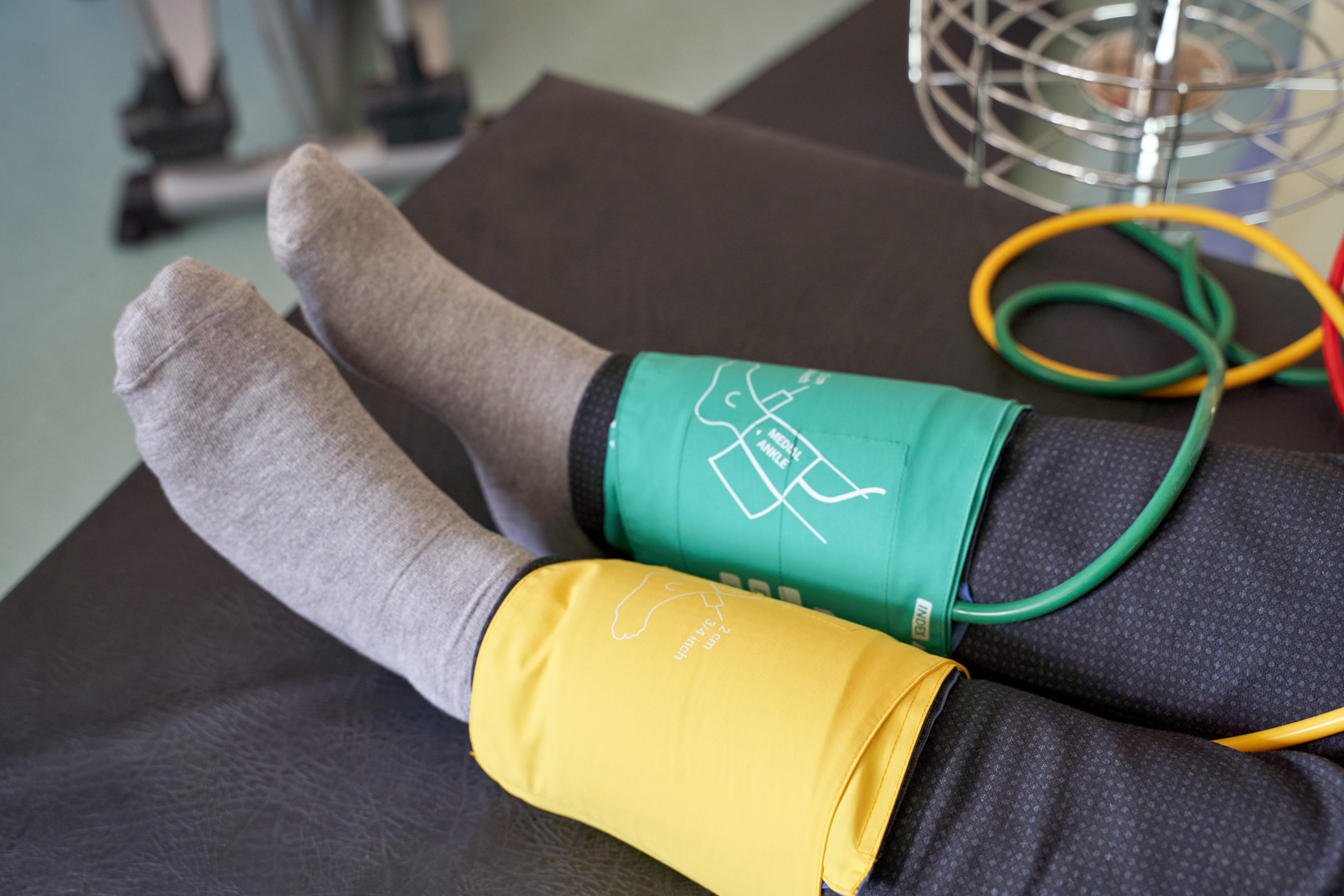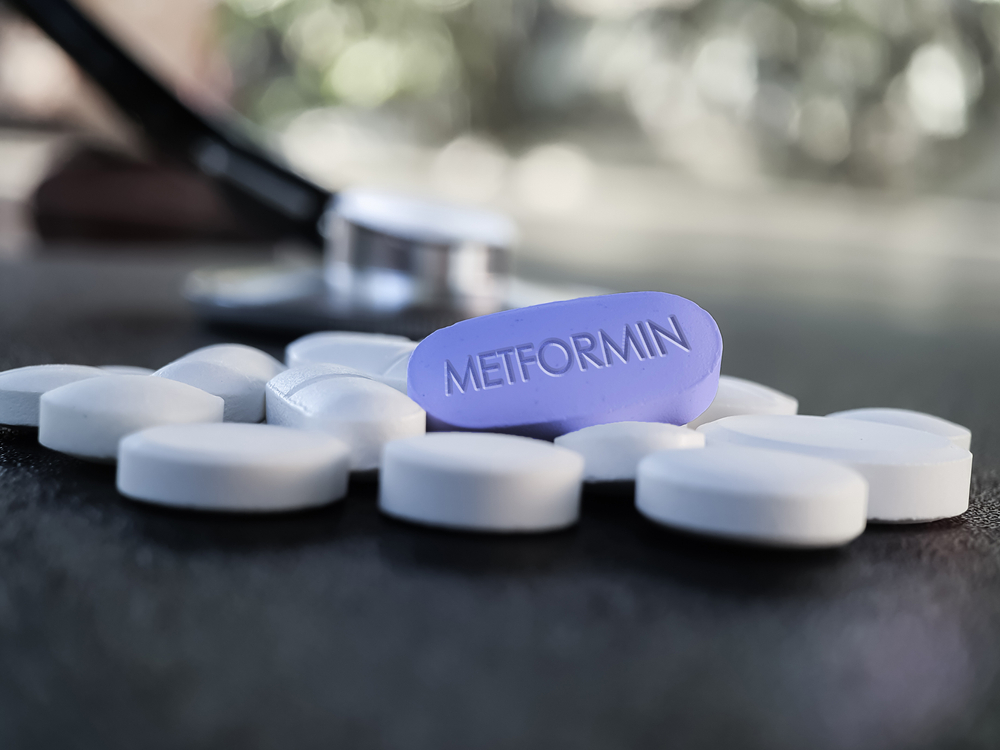Patients with recurrent kidney stones face an increased risk for chronic kidney disease (CKD). There is an association between hypercalciuria and increased risk for formation of kidney stones, but hypercalciuria does not increase the incidence of CKD. However, there is an association between uric acid stones and lower estimated glomerular filtration rate (eGFR). According to Hari Nair and colleagues, identifying how risk factors for kidney stone formation and stone type correlate with renal function may help guide the management of nephrolithiasis.
The researchers conducted a retrospective review of all patients with kidney stone at Yale Urology and Nephrology from November 1994 to May 2021. Automated query and manual chart review were used to extract medical histories, stone pathologies, blood chemistries, and 24-hour urine analyses. The analyses included serum and 24-hour urine chemistries obtained within 1 year of baseline stone pathologies. Data were grouped by CKD stage based on eGFR. Prior to statistical analysis by one-way ANOVA and multiple linear regression, 24-hour urine chemistries were normalized to urine creatinine.
Of 10,163 kidney stone formers, 9.1% (n=929) completed a 24-hour urine and blood chemistry within 1 year of baseline stone pathology. Of those, 34.3% (n=319) were classified as CKD stage 1, 44.0% (n=409) as CKD stage 2, and 21.6% (n=201) as CKD stages 3 to 5.
As CKD progressed, the proportion of calcium stones declined and the proportion of uric acid stones increased. There was an association between lower urine phosphorous (P=.0001), calcium, urinary pH, citrate, and ammonium (P<.0001). There was significant variation in urinary oxalate by CKD stage (P=.025). However, there was no correlational trend.
Patients with advanced CKD and kidney stones were more likely to have an elevated supersaturation for uric acid, but reduced supersaturations for calcium salts
In conclusion, the authors said, “Renal function may play a key role in modulating the risk factors for kidney stones, and ultimately, stone composition in those with CKD. Strategies to mitigate stone risk may need to vary with CKD stage.”
Source: Nair H, Simmons K, Murphy E, et al. Kidney stone risk factors and stone type vary with CKD stage. Abstract of a poster (Poster #196) presented at the National Kidney Foundation 2022 Spring Clinical Meetings, Boston, Massachusetts, April 6-10, 2022.







 © 2025 Mashup Media, LLC, a Formedics Property. All Rights Reserved.
© 2025 Mashup Media, LLC, a Formedics Property. All Rights Reserved.